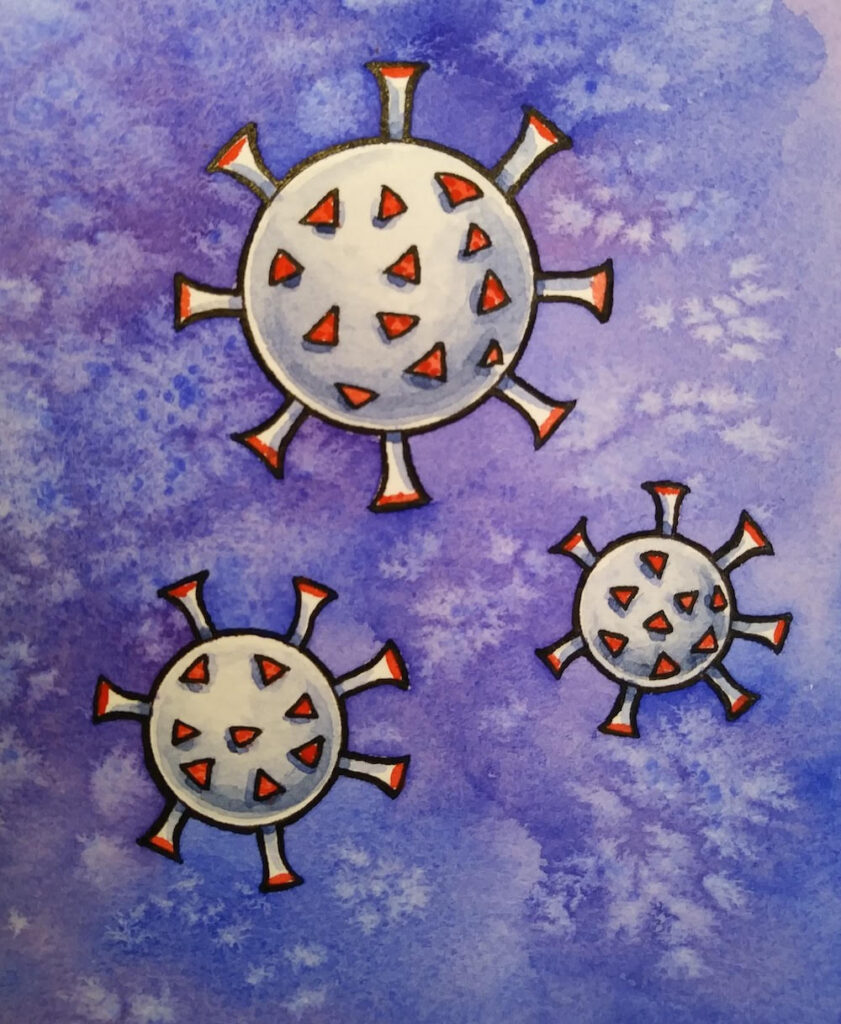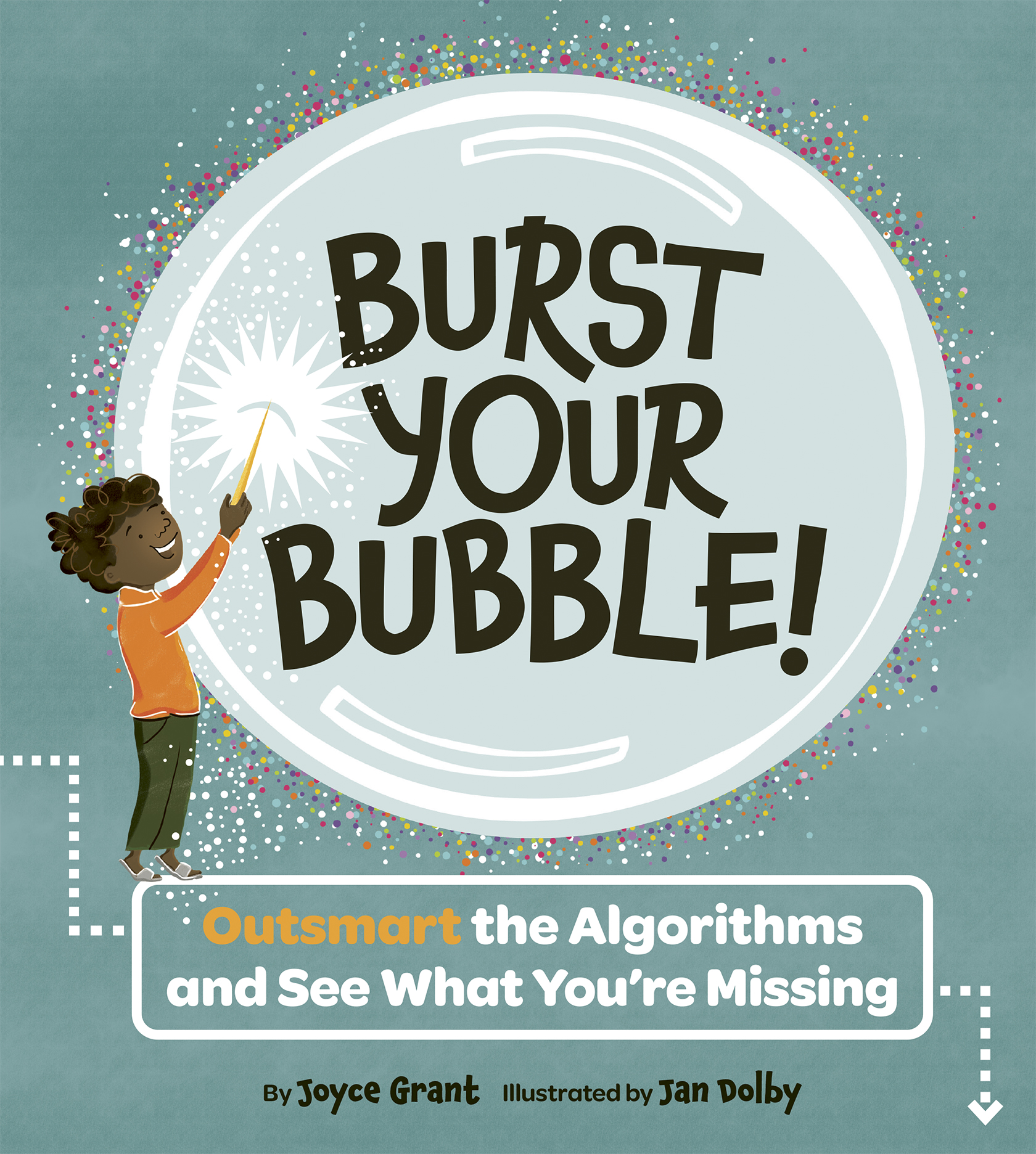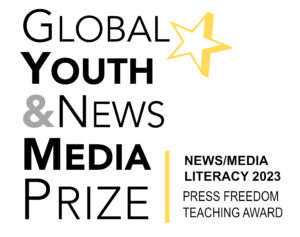
On Tuesday, Margaret “Maggie” Keenan became the first person in the world to get the COVID-19 vaccine. Keenan will turn 91 next week. She is a retired jewellery store clerk living in Coventry in the United Kingdom (UK)
Keenan is the first person to receive the vaccine (except for people who got it during scientific testing or “trials”), which will protect her from getting COVID-19. Nurse May Parsons gave Keenan the needle, in her left shoulder. Parsons has worked for Britain’s National Health Service (NHS) for 24 years, according to the CBC.
A number of pharmaceutical (drug) companies have created vaccines or are working on them. The vaccine Keenan received was created by Pfizer.
The UK is giving out 800,000 doses of the vaccine to begin with, starting with people who are over age 80. Each person needs two doses, so 400,000 people will be vaccinated. Several million more doses will be administered later in December.
Interestingly, the name of the second person to receive the vaccine is William Shakespeare. William Shakespeare is also the name of a very famous writer, who lived in England from 1564 to 1616 and wrote well-known plays such as Romeo and Juliet and Hamlet.
According to CBC News, Canada is scheduled to receive nearly a quarter of a million doses of the Pfizer vaccine by the end of December 2020. Canada, like the US and other countries, have pre-ordered vaccines from a number of companies.
THINK AND DISCUSS
1. The article says that people over 80 years old in the UK will receive the vaccine first. Why do you think that is? What other groups of people should receive the vaccine, and in what order? (For instance: children, teenagers, middle-aged people, hospital workers, people who have cancer, pregnant women, the British Royal Family, the prime minister, people who work in grocery stores, teachers, members of the military.)
2. Who do you think decides who will get the vaccine and when?
2a. Are there any specific countries that you think should get it before (or after) other countries? Why?
3. How will the vaccination of millions of people around the world affect us all? Make a list of all of the positive changes that may happen.
4. What are the advantages and disadvantages of being one of the first people to get the vaccine?
5. There are some people who say they do not want to get the vaccine. If many people refuse the vaccine, how might that affect the spread of COVID-19 throughout the world? If you were in charge, how would you convince someone to get the vaccine (or would you)? Are there any circumstances under which someone should be allowed to refuse to get vaccinated?
6. The article mentions that many countries have made agreements with several drug companies to obtain vaccines. Why do you think this is?
7. The second person to get the vaccine is William Shakespeare. Discuss why that name is significant, especially in the UK.
8. How are other countries handling COVID-19 vaccinations? Here is a CBC News article about vaccines in India: https://www.cbc.ca/news/world/india-vaccination-campaign-drugmaker-1.5831777
LINKS
This CBC article includes some great details about the Pfizer vaccine—how it needs to be stored, etc.: https://www.cbc.ca/news/world/uk-vaccine-covid-pfizer-biontech-1.5832298
BBC (William Shakespeare) Includes some very cringey (or lovely, depending on how you look at it) Shakespearian/COVID puns: https://www.bbc.com/news/uk-55233021
Australia’s Sydney Morning Herald: https://www.smh.com.au/world/europe/turning-point-90-year-old-first-to-receive-approved-covid-vaccine-20201208-p56ls4.html
New York Times: https://www.nytimes.com/2020/12/07/world/pfizers-vaccine-debuts-in-britain-as-the-worlds-first-fully-tested-vaccine.html







